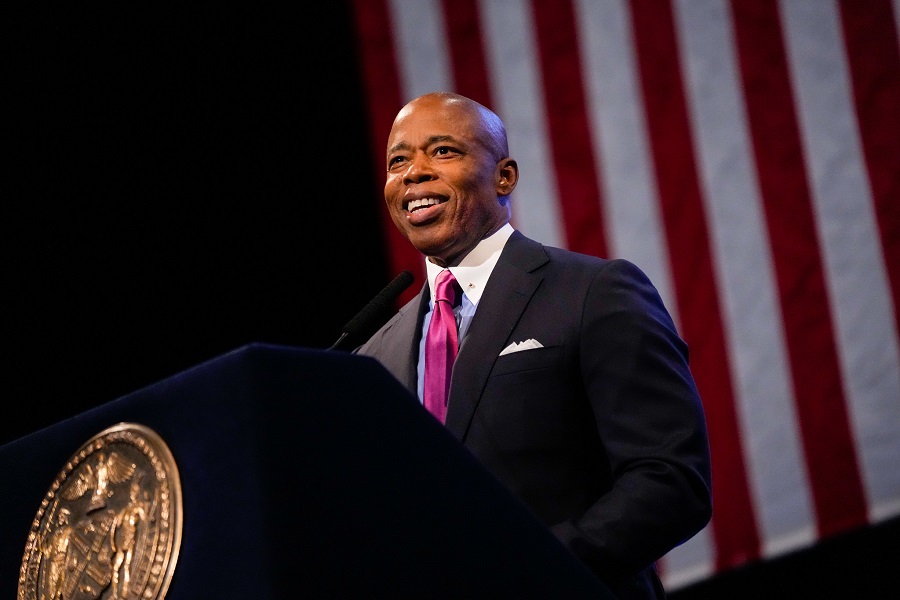 Reverend Gary Davis, also Blind Gary Davis, (April 30, 1896 – May 5, 1972) was an American blues and gospel singer and guitarist, who was also proficient on the banjo and harmonica. His finger-picking guitar style influenced many other artists and his students in New York included Stefan Grossman, David Bromberg, Roy Book Binder, Larry Johnson, Woody Mann, Nick Katzman, Dave Van Ronk, Tom Winslow, Rory Block, and Ernie Hawkins.
Reverend Gary Davis, also Blind Gary Davis, (April 30, 1896 – May 5, 1972) was an American blues and gospel singer and guitarist, who was also proficient on the banjo and harmonica. His finger-picking guitar style influenced many other artists and his students in New York included Stefan Grossman, David Bromberg, Roy Book Binder, Larry Johnson, Woody Mann, Nick Katzman, Dave Van Ronk, Tom Winslow, Rory Block, and Ernie Hawkins.
He has influenced Bob Dylan, Grateful Dead, Jackson Browne, Townes van Zandt, Dave Van Ronk, Wizz Jones, Jorma Kaukonen, Keb’ Mo’, Ollabelle, Godspeed You Black Emperor!, and Resurrection Band.
Gary Davis was born in Laurens, South Carolina, and was the only one of eight children his mother bore who survived to adulthood. He became blind as an infant. Davis reported that his father was killed in Birmingham, Alabama, when Davis was ten, and Davis later said that he had been told that his father had been shot by the Birmingham High Sheriff. He recalled being poorly treated by his mother and that before his death his father had given him into the care of his paternal grandmother.
He took to the guitar and assumed a unique multi-voice style produced solely with his thumb and index finger, playing not only ragtime and blues tunes, but also traditional and original tunes in four-part harmony.
In the mid-1920s, Davis migrated to Durham, North Carolina, a major center for black culture at the time. There he collaborated with a number of other artists in the Piedmont blues scene including Blind Boy Fuller and Bull City Red.[1] In 1935, J. B. Long, a store manager with a reputation for supporting local artists, introduced Davis, Fuller and Red to the American Record Company. The subsequent recording sessions marked the real beginning of Davis’ career. During his time in Durham, Davis converted to Christianity; in 1937 he would be ordained as a Baptist minister.[1][3] Following his conversion and especially his ordination, Davis began to express a preference for inspirational gospel music.
In the 1940s, the blues scene in Durham began to decline and Davis migrated to New York.[1] In 1951, well before his ‘rediscovery’, Davis’s oral history was recorded by Elizabeth Lyttleton Harold (the wife of Alan Lomax) who transcribed their conversations into a 300+-page typescript.
The folk revival of the 1960s re-invigorated Davis’ career, culminating in a performance at the Newport Folk Festival and the recording by Peter, Paul and Mary of “Samson and Delilah”, also known as “If I Had My Way”, originally a Blind Willie Johnson recording that Davis had popularized.Darrell Mansfield Blues Hall Fame singer and harmonica legend also recorded several of Rev. Davis song’s check Darrell’s website www.darrellmansfield.com.
Davis died in May 1972, from a heart attack in Hammonton, New Jersey.He is buried in plot 68 of Rockville Cemetery in Lynbrook, Long Island, New York.
Related articles
- Playlist: For When You’re Feeling “Dead” in the Water (benchmarkemail.com)
- Contest Alert: Epiphone Limited Edition Les Paul Electric Guitar (savings.com)
- How to Get to the Bottom of a Scam (mint.com)
- Trailer Trashed Movie Previews: New from Joseph Gordon-Levitt, Kit Harington, and the Coen Brothers (twcc.com)
- 2011 Shelby GT350 will offer non-supercharged/autoshifted options (kbb.com)
Become a Harlem Insider!
By submitting this form, you are consenting to receive marketing emails from: Harlem World Magazine, 2521 1/2 west 42nd street, Los Angeles, CA, 90008, https://www.harlemworldmagazine.com. You can revoke your consent to receive emails at any time by using the SafeUnsubscribe® link, found at the bottom of every email. Emails are serviced by Constant Contact



















